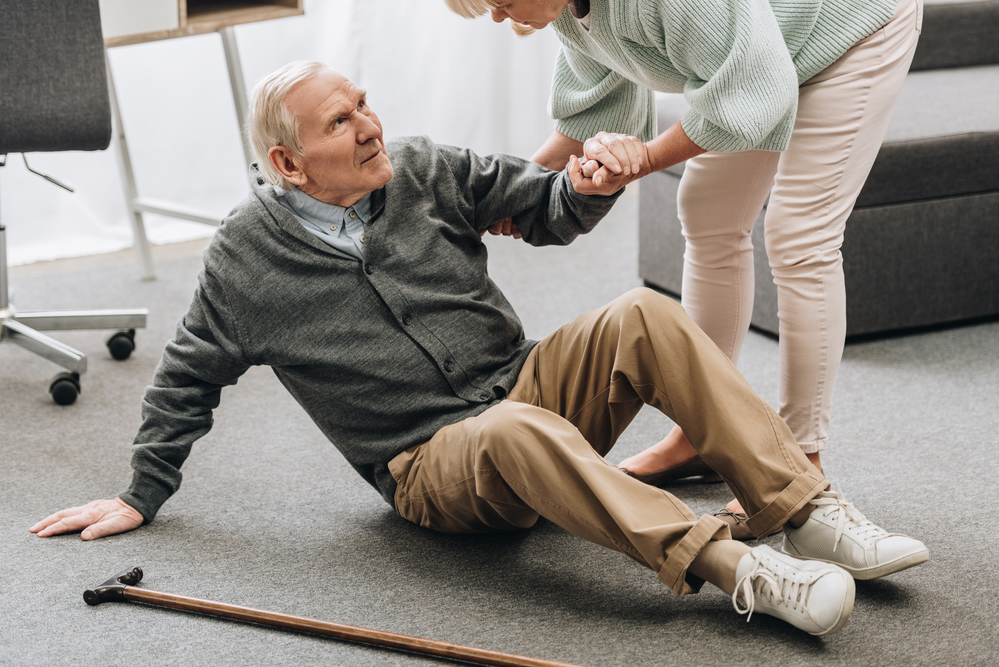Fall Risk – How to Determine if You or Your Loved One is at Risk of Falling in the Home
Here are some simple questions you can ask yourself to determine if you or a loved one may be at risk for falling in your home:
Do you exercise regularly?
- Maintaining a regular exercise program to increase strength, balance and coordination and greatly reduce the risk of falls. Recommended exercise for fall reduction are evidence-based exercises/programs such as Tai Chi.
Are you taking multiple medications?
- Taking multiple medications can increase fall risk, due to side effects and possible drug interactions. Regularly reviewing medications with a healthcare provide can reduce the risk of medication related fall risk. It’s important to remember to dispose of unused or expired medications.
Have you modified your home environment?
- Modifying the home environment to reduce hazards such as slippery floors, poor lighting, uneven surfaces, removal of cords and other household obstacles can reduce the risk of unnecessary falls in the home. The bathroom is the number one place for falls in the home. Addressing balance issues in the shower and commode areas through the addition of safety grab bars, shower chairs, transfer benches and toilet risers can reduce the risk of falls in the bathroom.
Have you had a home safety assessment to determine if you are at risk of falls in your home?
- Studies have shown that addressing multiple fall risk factors from daily activities and exercise, medication, footwear, eye exams and home environment, have the ability to reduce fall risk as statin medication does for cardiovascular disease.
Having a home safety assessment performed to identify fall risk and provide safety recommendations followed up by installation, can greatly reduce your risk of falls in your home environment. You are unique and your needs are too!
Related Posts
0




